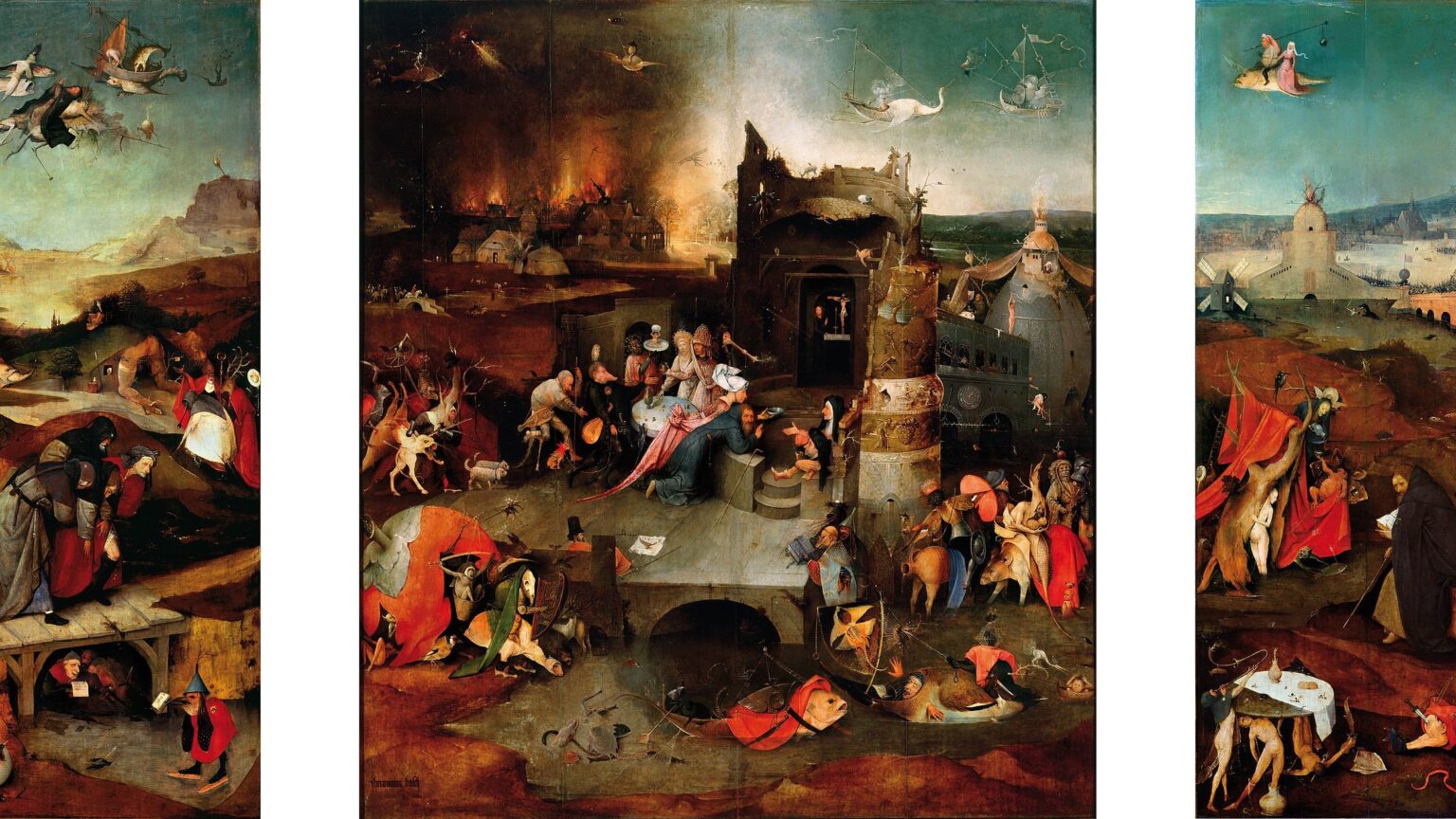
‘…without intellectual and political leaders who are able and daring enough to go beyond the surface-level symptoms of the infocracy, our capacity to reform society and adapt to a post-infocratic world becomes increasingly limited. It would be like fighting the weather: we might cool our houses with air conditioning, but we cannot stop the heat from entering in the first place.’
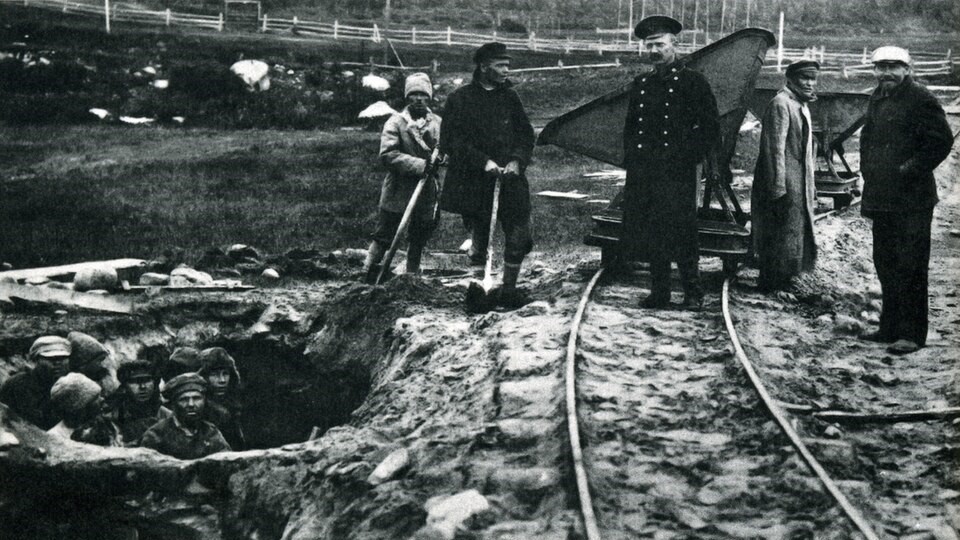
‘The whole system was evil and irrational. An observer noted that there was a full company of French soldiers in a transit camp. They escaped from German captivity, hid in Hungary, but they were put among the forced labourers simply because the Soviets wanted more people in the camps.’
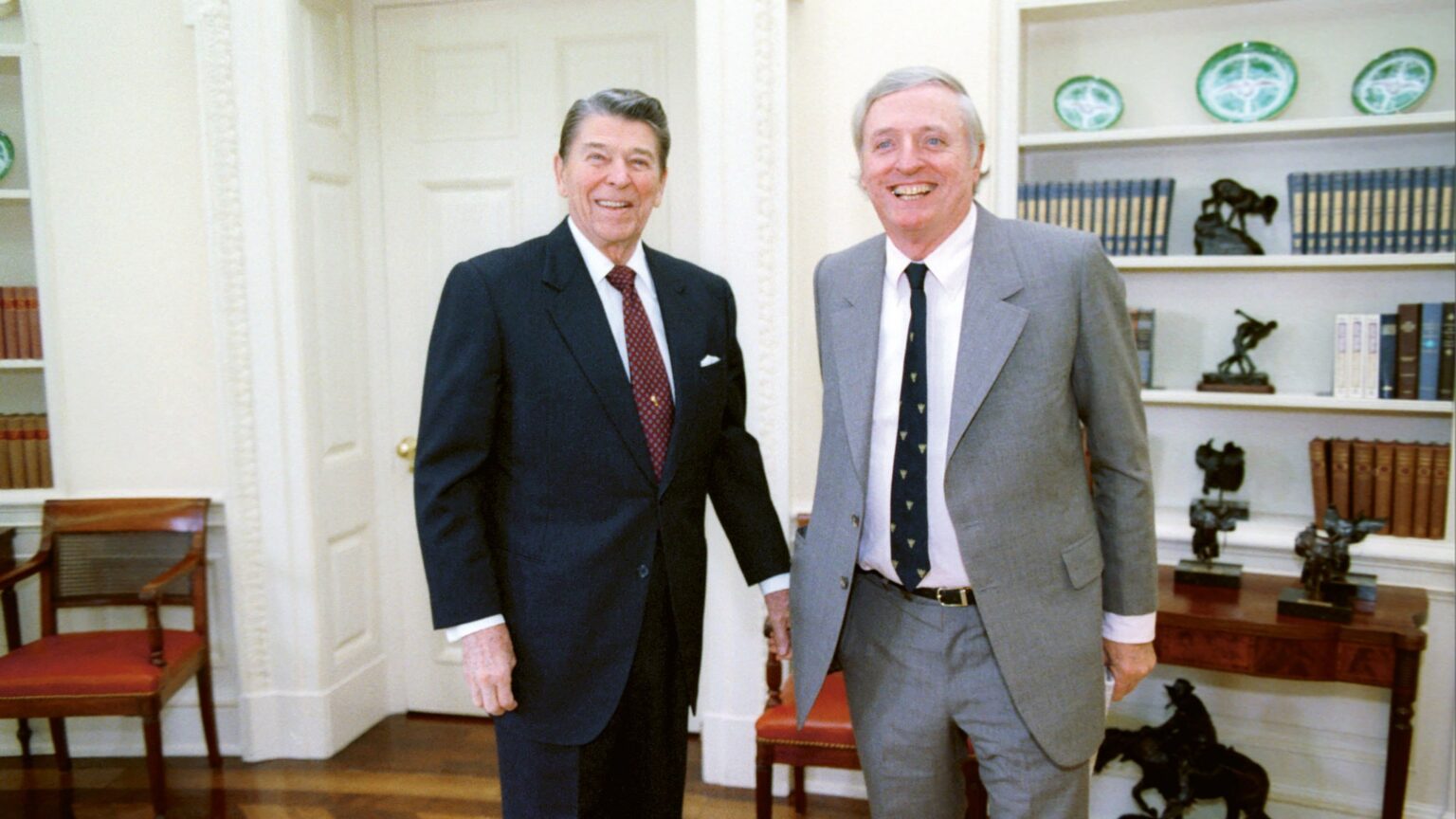
‘Modern conservatism will never produce another Buckley. The current climate is too hostile to showy intellectualism and the media too fractured for any one man…to dominate the conversation.’
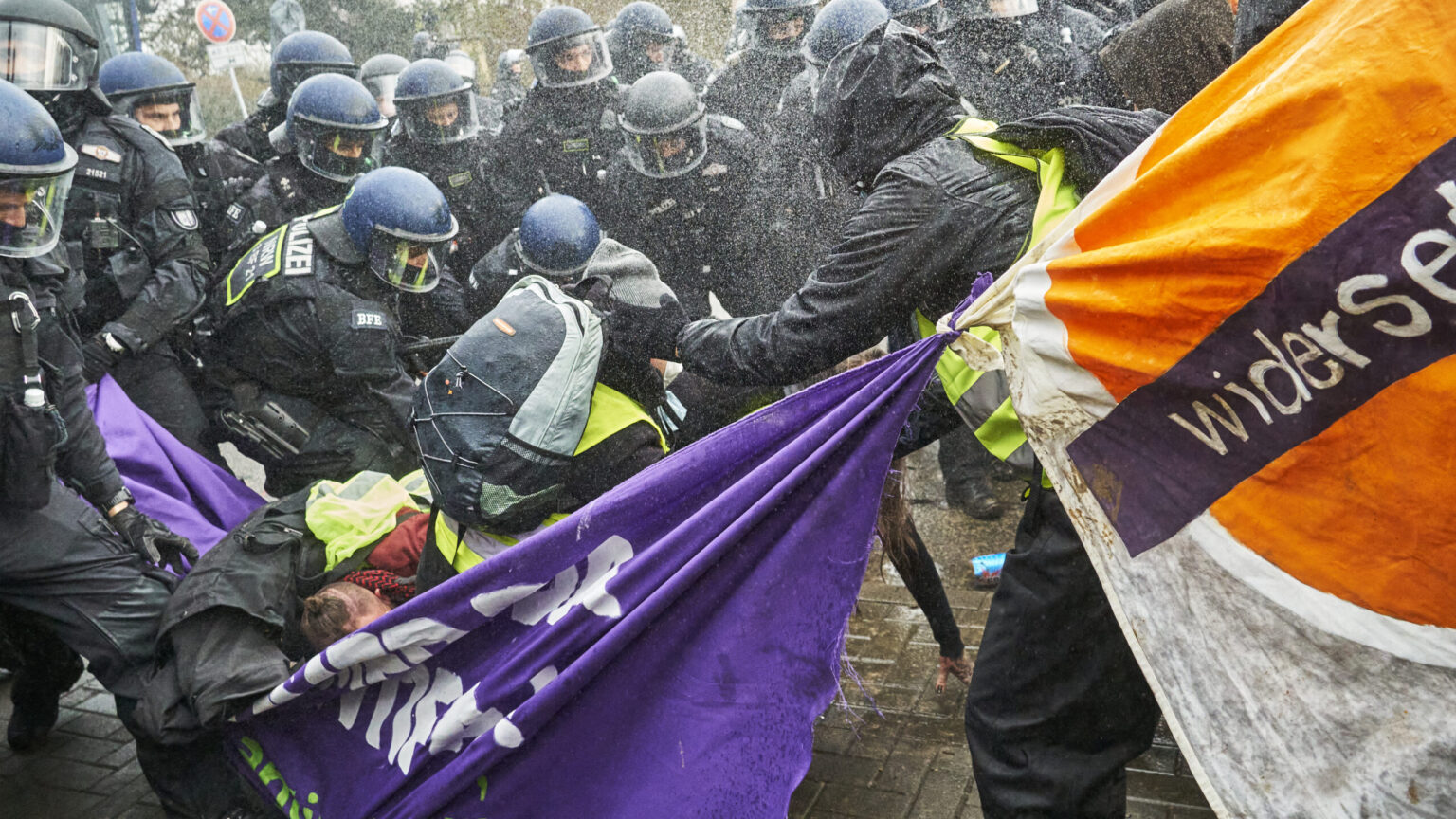
Antifa mobs clashed with police in Giessen while attempting to disrupt the founding congress of AfD’s new youth organization, Generation Deutschland. With over 25,000 protesters blocking roads, violence escalated as masked agitators threw stones and bottles at authorities, and assaulted journalists and politicians, prompting a massive police response.
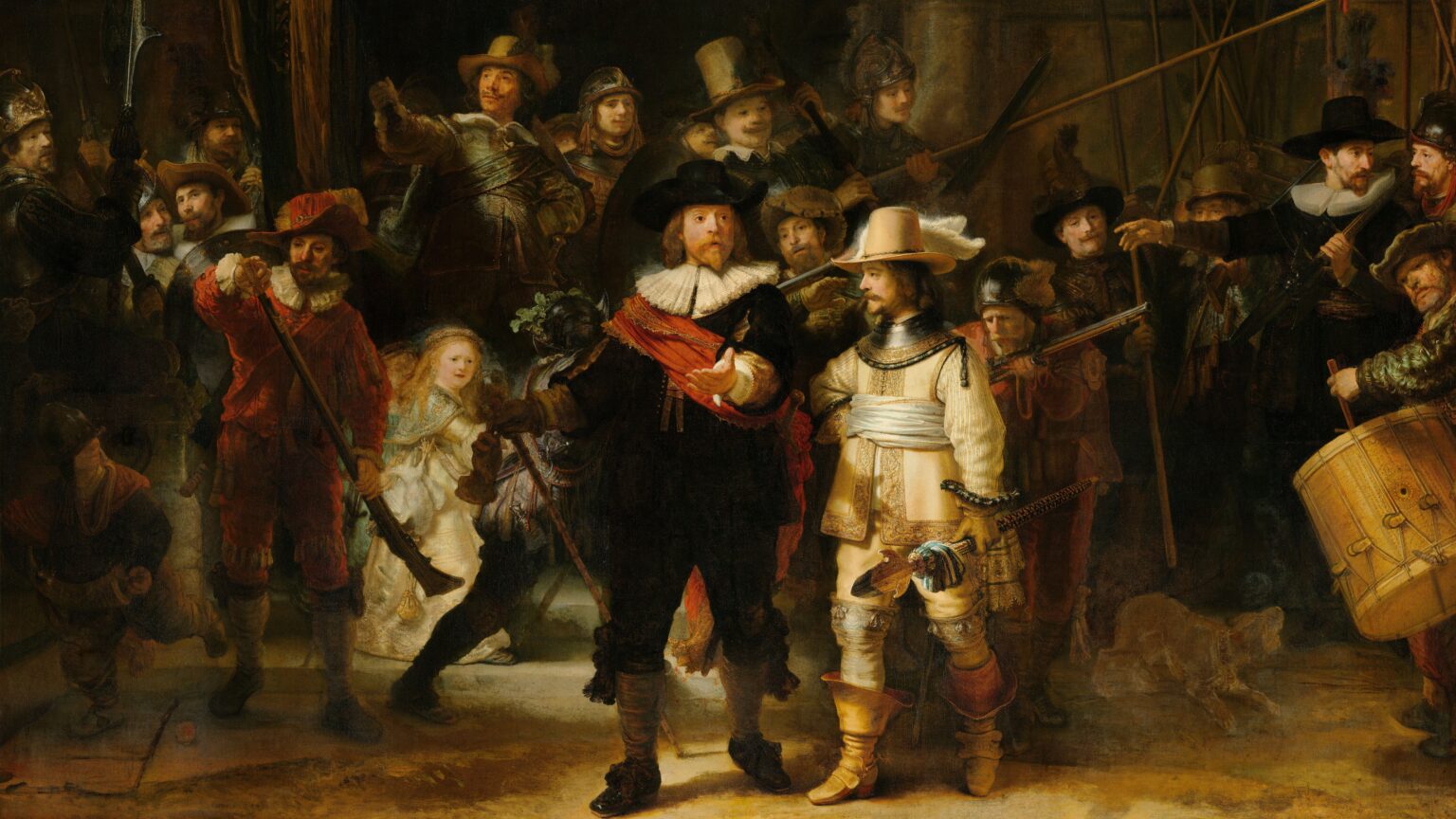
‘The so-called “populist wave” is not the enemy of democracy; it is the symptom of liberal democracy’s philosophical exhaustion.’
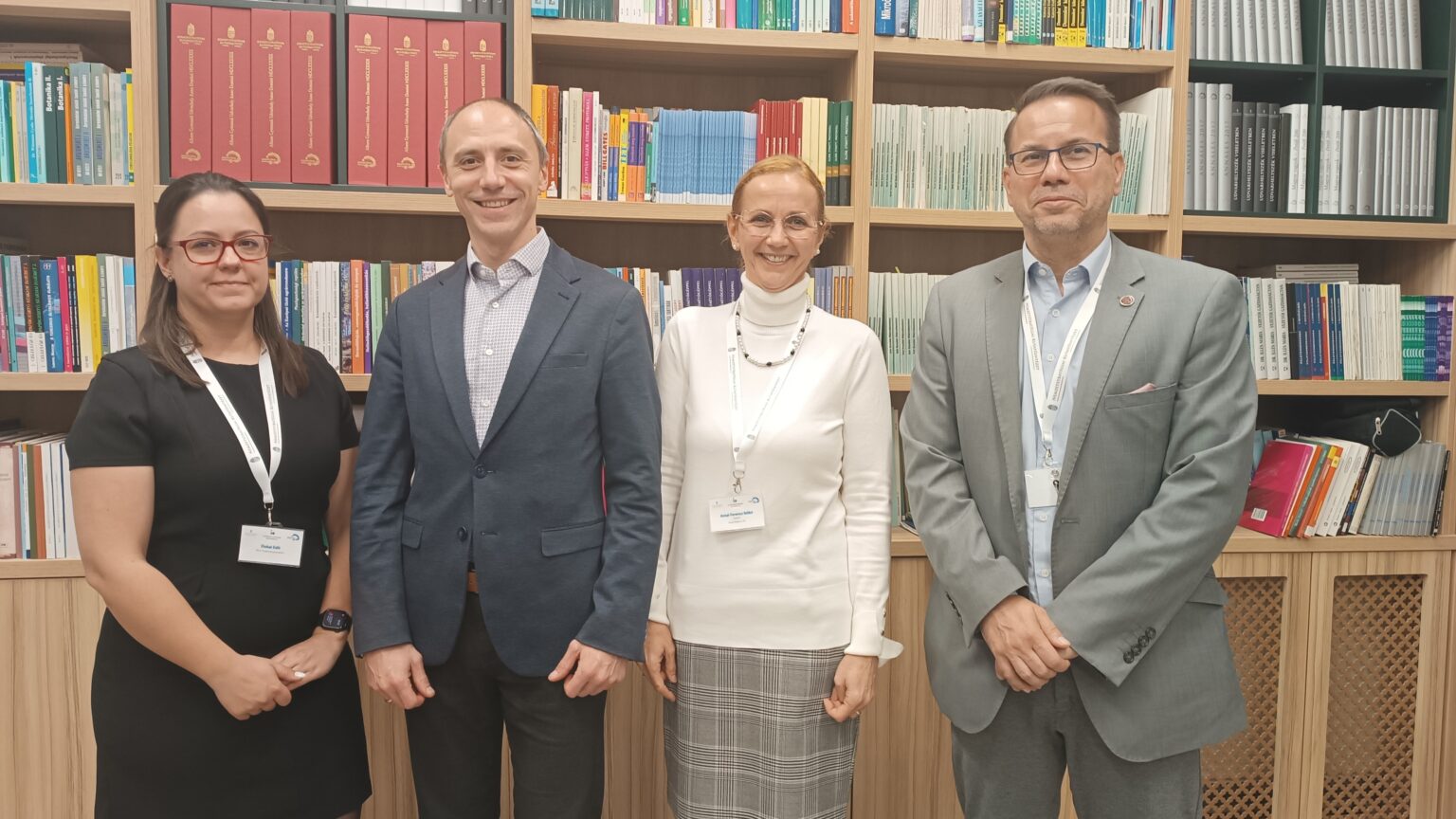
‘In the era of modern migration, the situation of individuals and communities living beyond a country’s borders has growing importance from both national strategy and national policy perspectives. It is considered unique even in an international context that the totality of the Hungarian nation consists of three distinct components…’

‘From the above, it is clear that “Filmes” was the “social contact” of the Hungarian intelligence service who attended Münch’s reception and who was also the director of the TV series Századunk—a description that fits only one person, namely Péter Bokor.’

Szeged will introduce fines from January for people riding e-scooters or other motorized leisure devices in pedestrian-only areas or parking them in ways that endanger others. The city assembly approved several additional urban regulations on Friday.
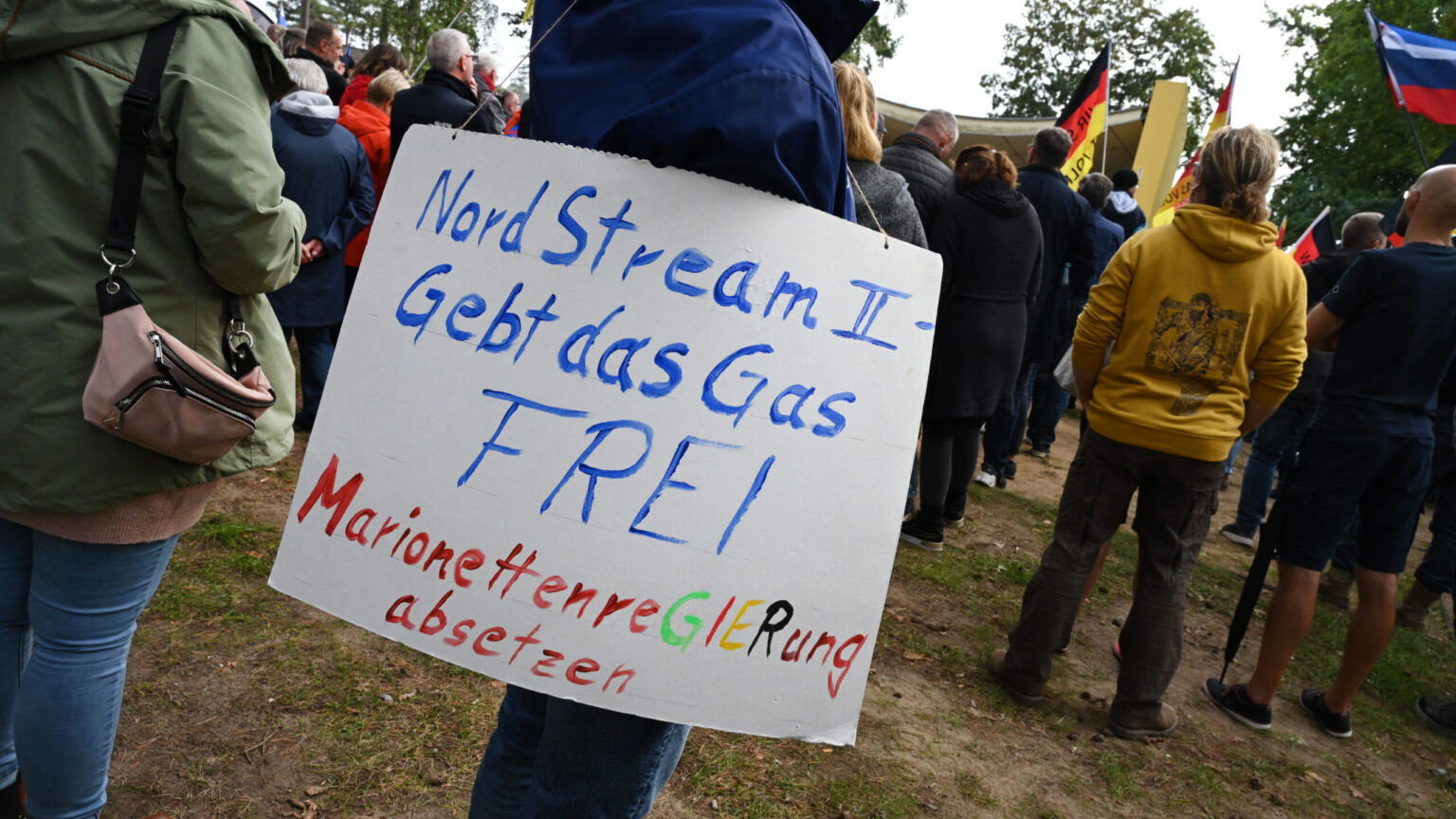
Nearly three years after the Nord Stream explosions, a new Századvég survey shows that 63 per cent of Europeans remain troubled by the absence of any identified perpetrator. The unresolved case has fuelled political tensions across the EU, deepening divisions over who was responsible and reinforcing concerns about Europe’s inability to defend its own critical infrastructure.
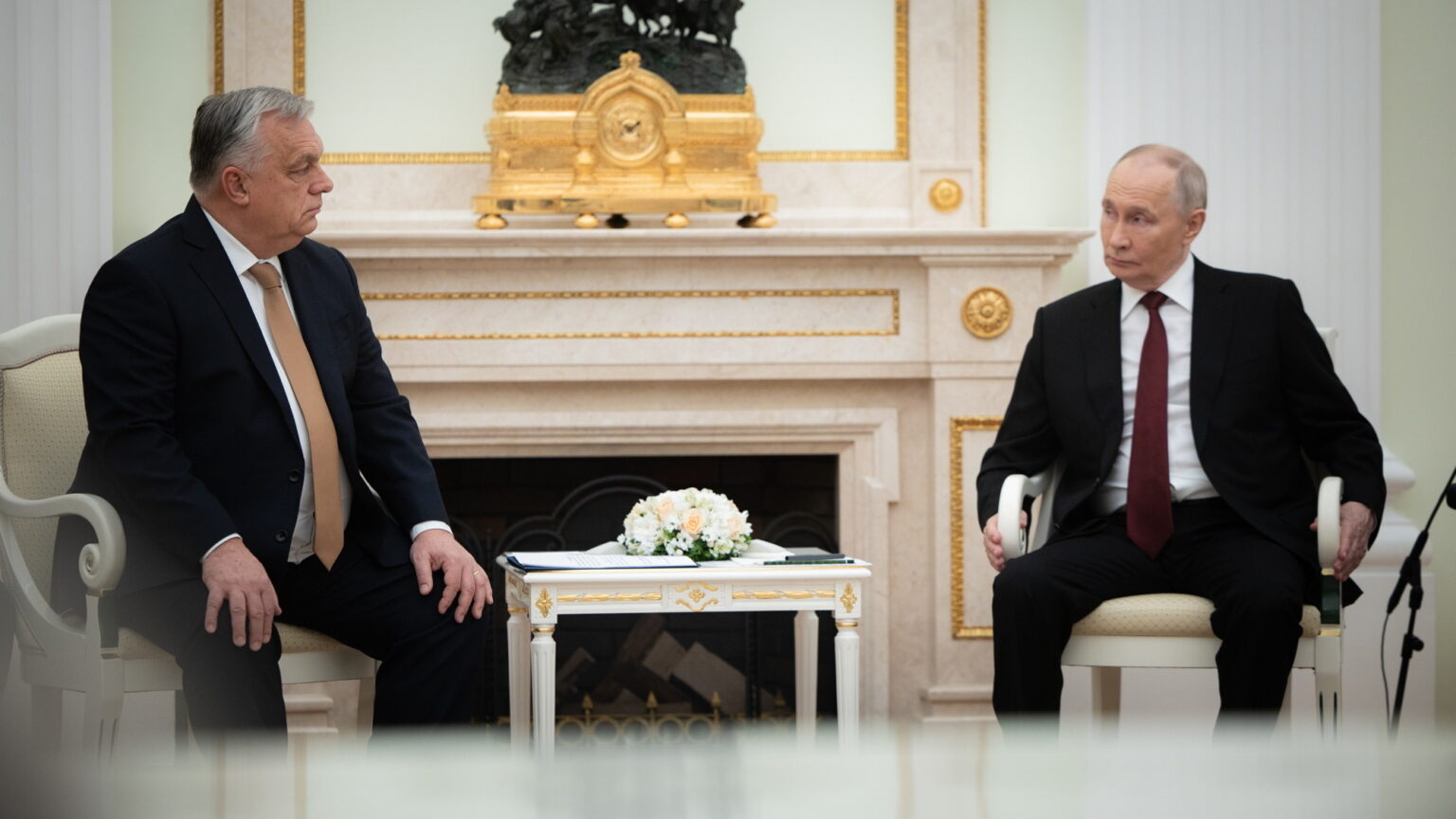
Russian President Vladimir Putin and Hungarian Prime Minister Viktor Orbán met in the Kremlin on Friday for their 14th bilateral talks, focusing on energy security, the war in Ukraine and future relations. Orbán reaffirmed that Hungary’s energy supply will continue to rely on Russian deliveries and said Budapest remains ready to host eventual peace talks.
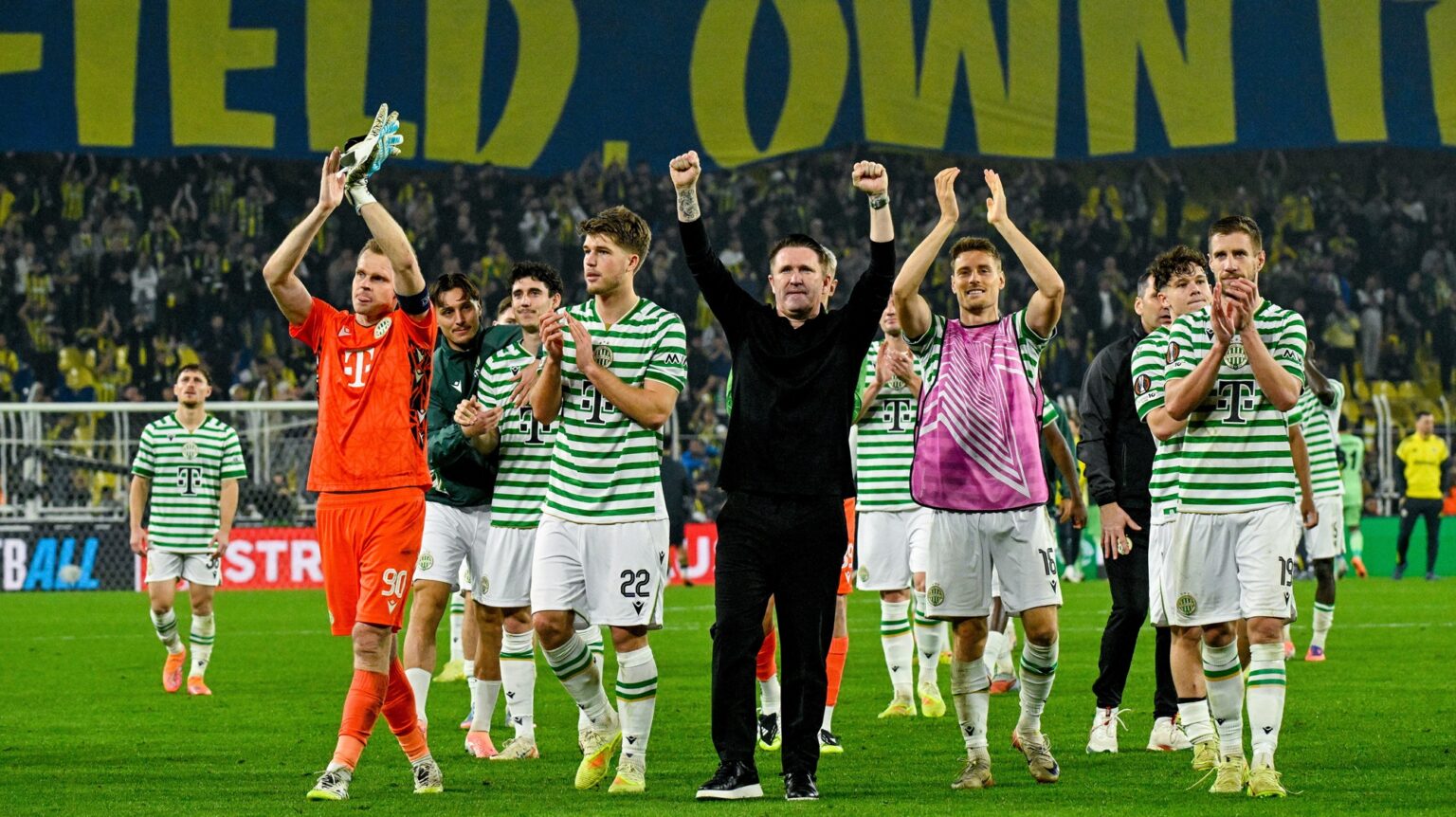
Hungarian champions Ferencváros remain unbeaten in the UEFA Europa League league phase, after tying Turkish giants Fenerbahçe SK away from home. Remarkably, striker Barnabás Varga has scored his 14th header for the season for club and country.
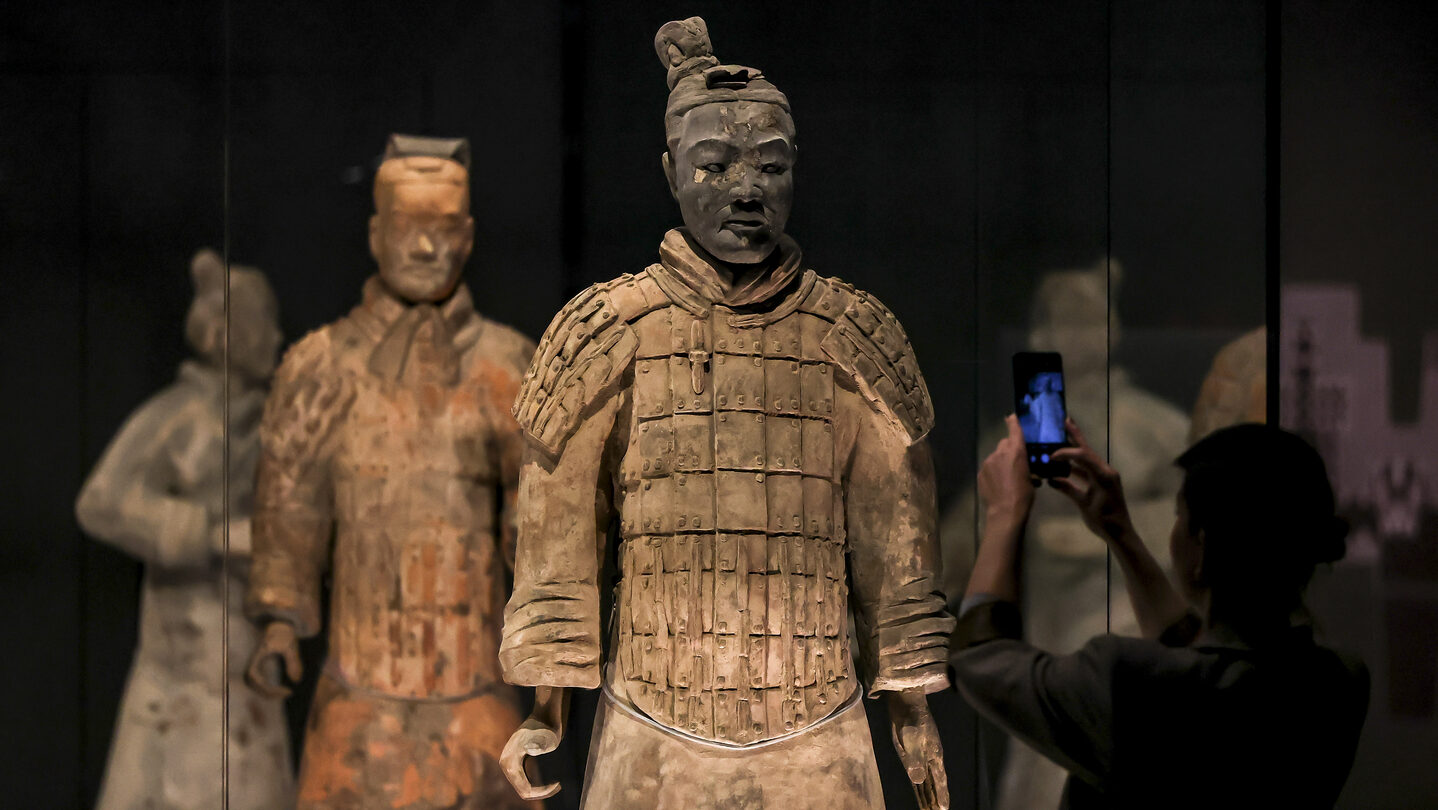
Hungarian President Tamás Sulyok opened the exhibition Guardians of Eternity – The Terracotta Warriors of China’s First Emperor at the Museum of Fine Arts, calling it a display of treasures that shaped the Far East for millennia. He said the event symbolizes Hungary’s enduring cultural affinity with Asia and the strength of ties with China.
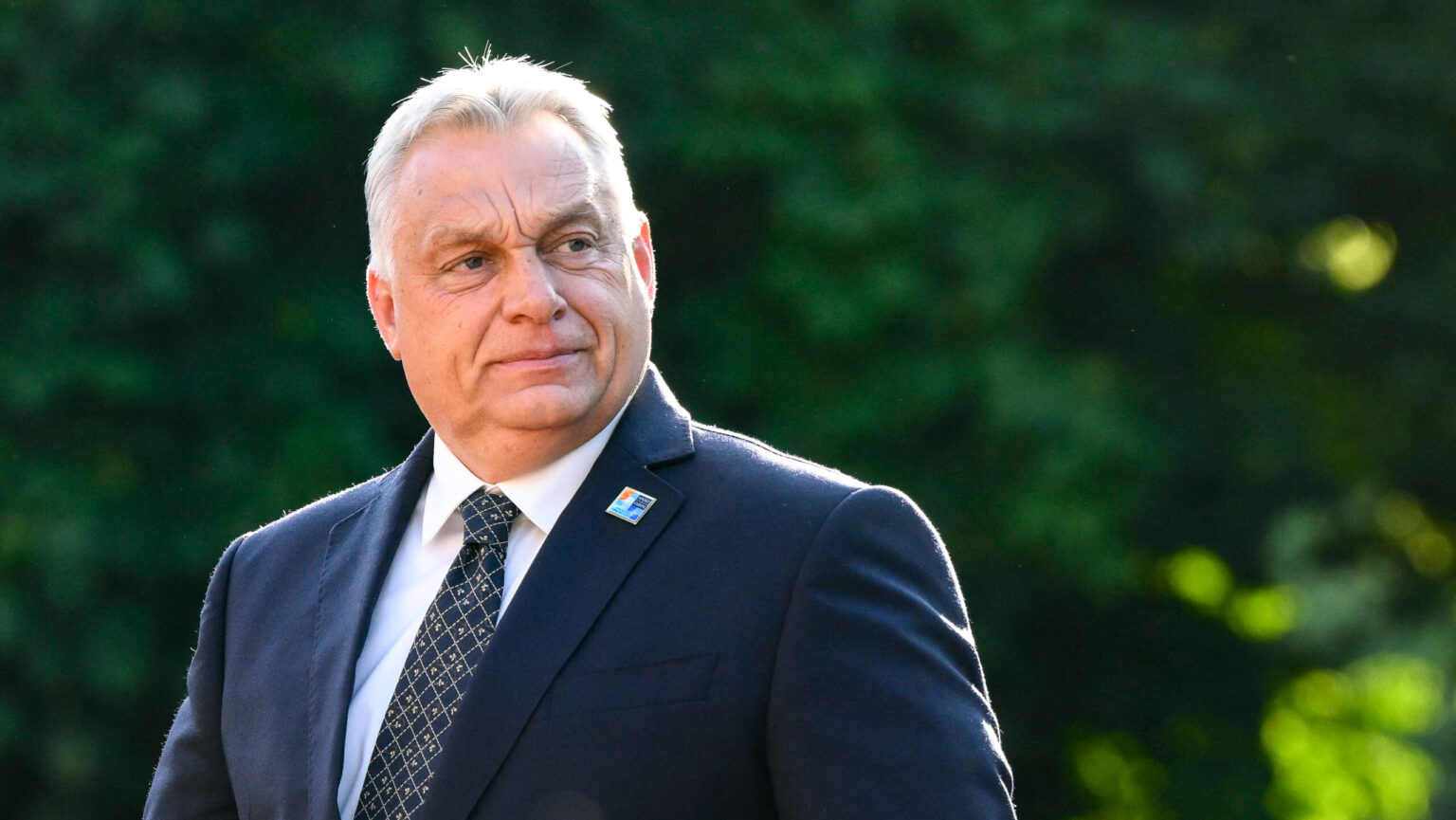
Viktor Orbán flew to Moscow early Friday, saying Hungary must guarantee affordable Russian gas and oil for the coming winter and beyond. Speaking at Budapest Airport, he stressed that Hungary’s energy security depends on pipeline deliveries from Russia—and noted that peace efforts would almost certainly feature in his meeting with Vladimir Putin.
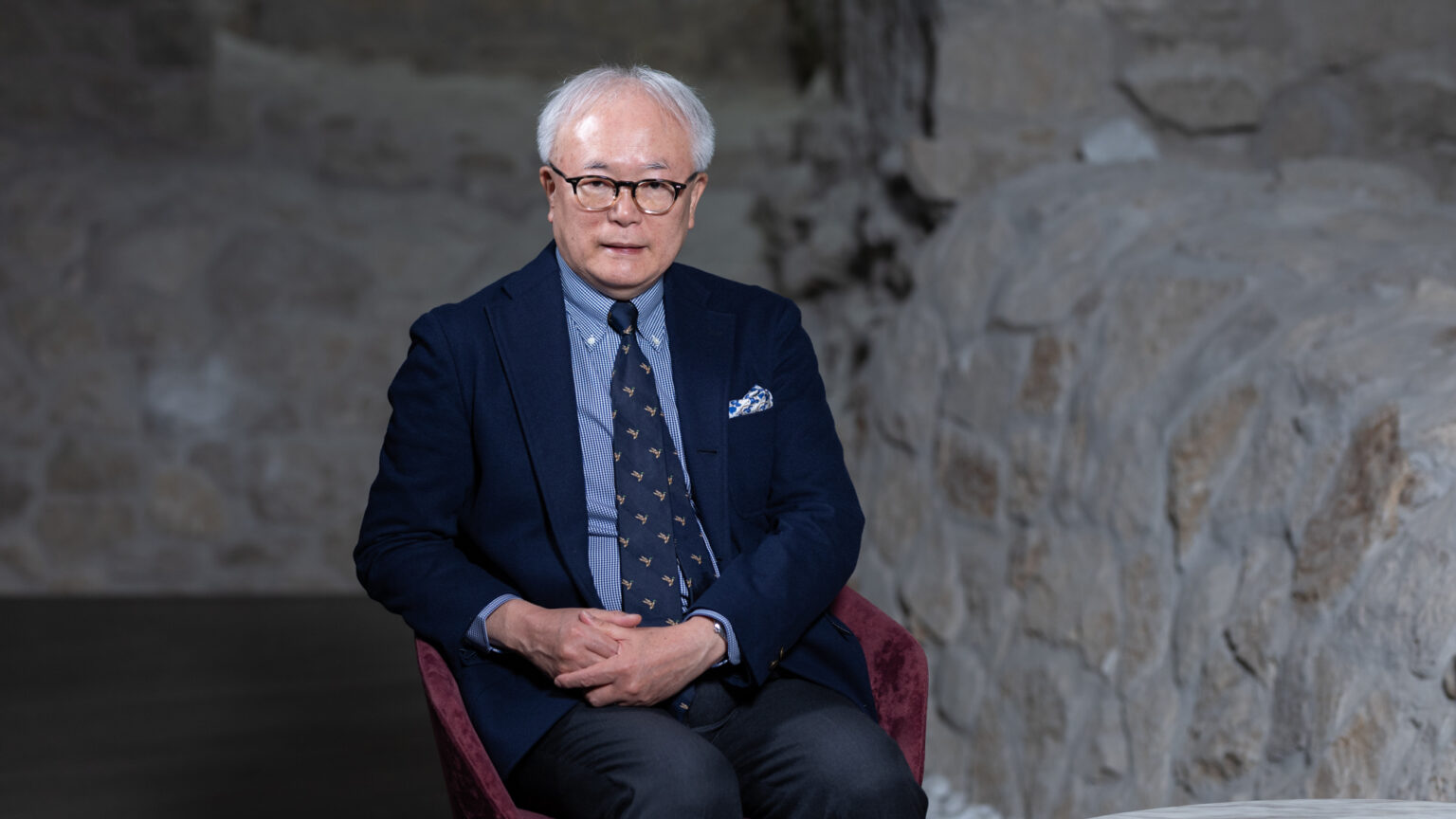
What is the nature of the relationship between Hungary, Japan, and the US? Is ‘woke’ a significant issue in Japan? What does Japan do to counterbalance the influence of China in the Pacific? We spoke to a former Special Advisor to PM Shinzo Abe about the geopolitical turbulence surrounding Japan.
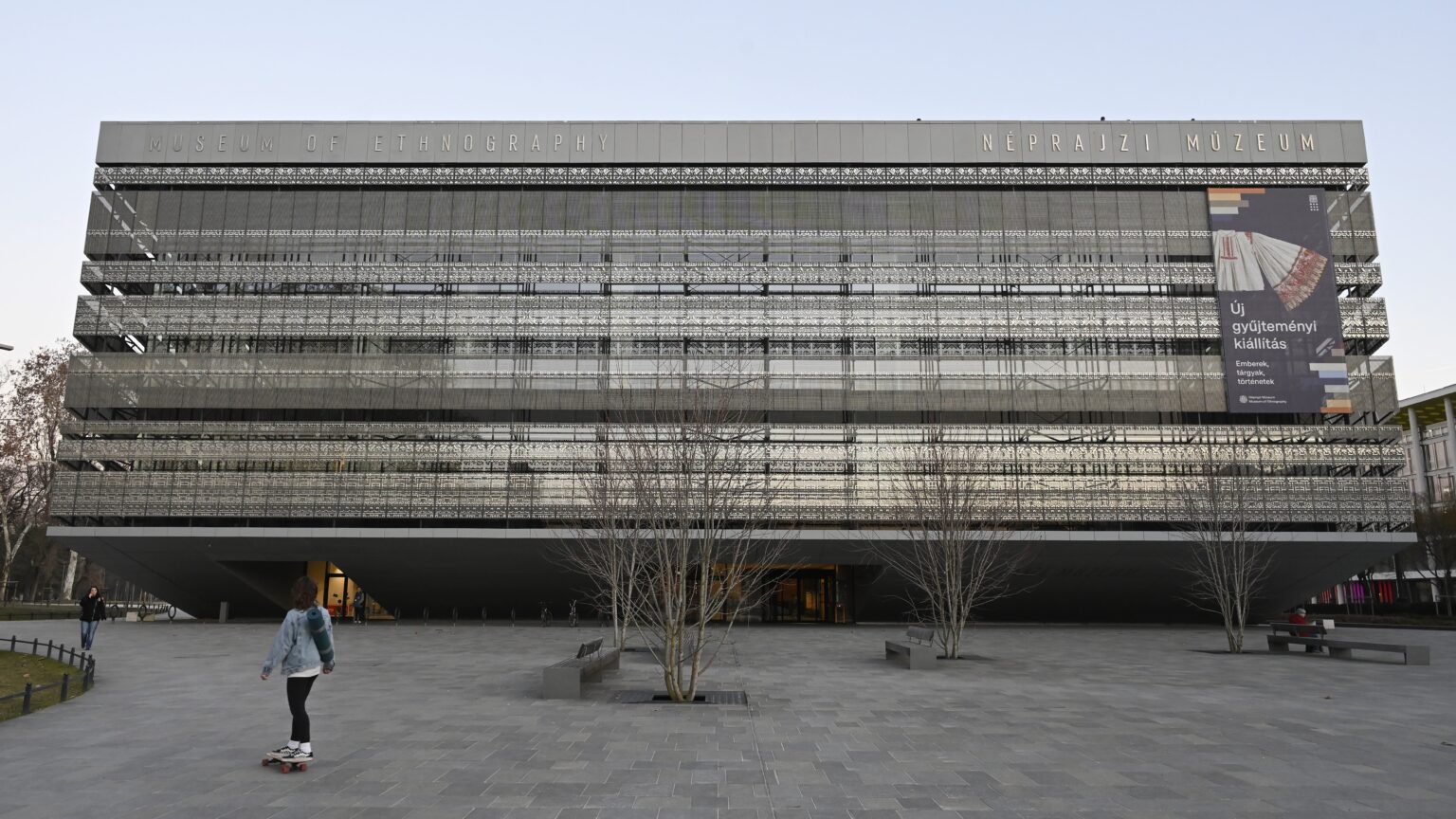
The Museum of Ethnography in Budapest has won a special prize from the international jury of the Children in Museums Award for its immersive ‘Sleep Over at the Museum!’ programme, recognized for its innovative approach to children’s museum education.
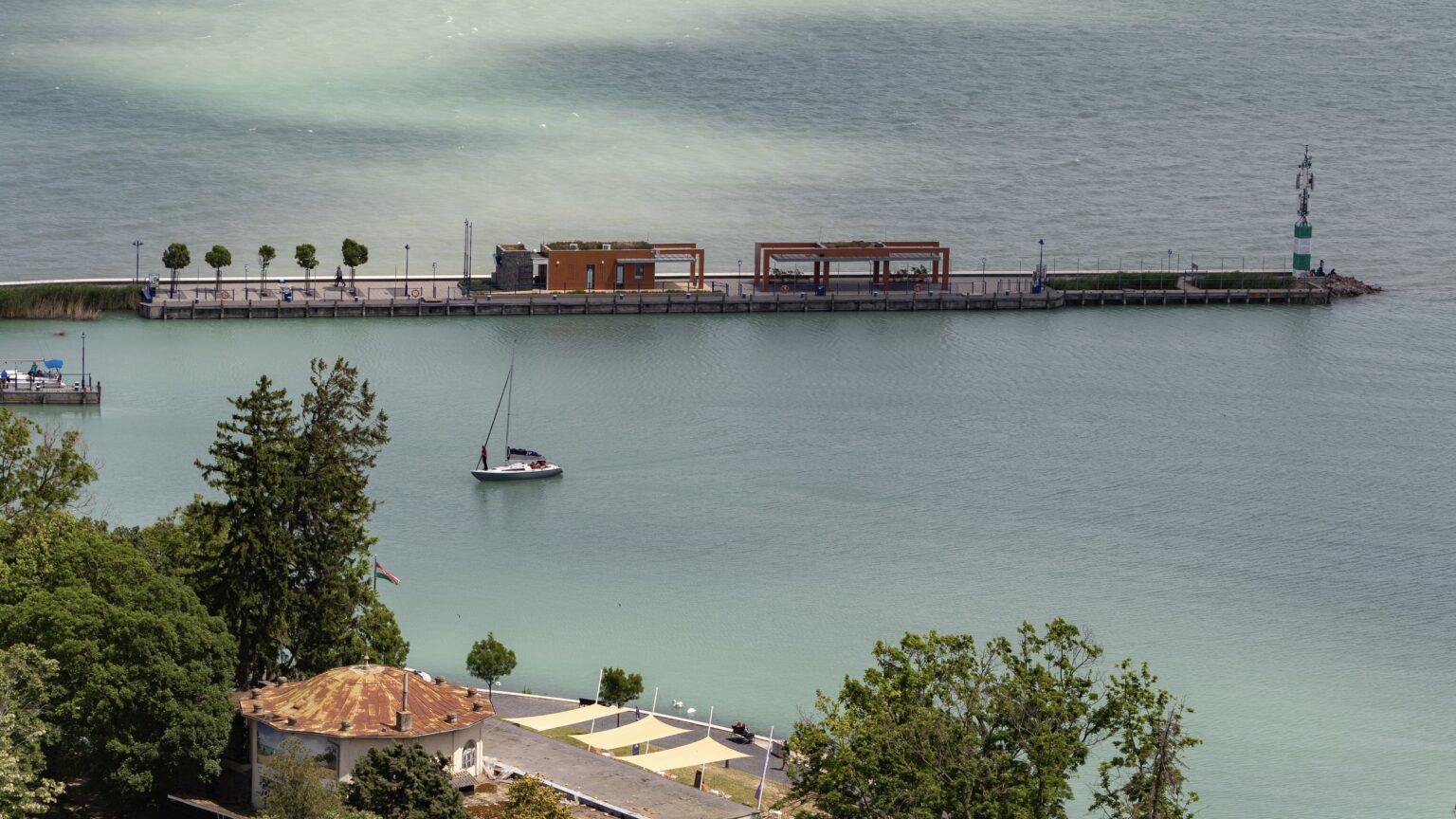
Tourism in Hungary continues its strong rise, with nearly 1.7 million visitors in October and record-breaking figures for the first ten months of 2025. New government measures aim to support small tourism businesses and boost long-term competitiveness.
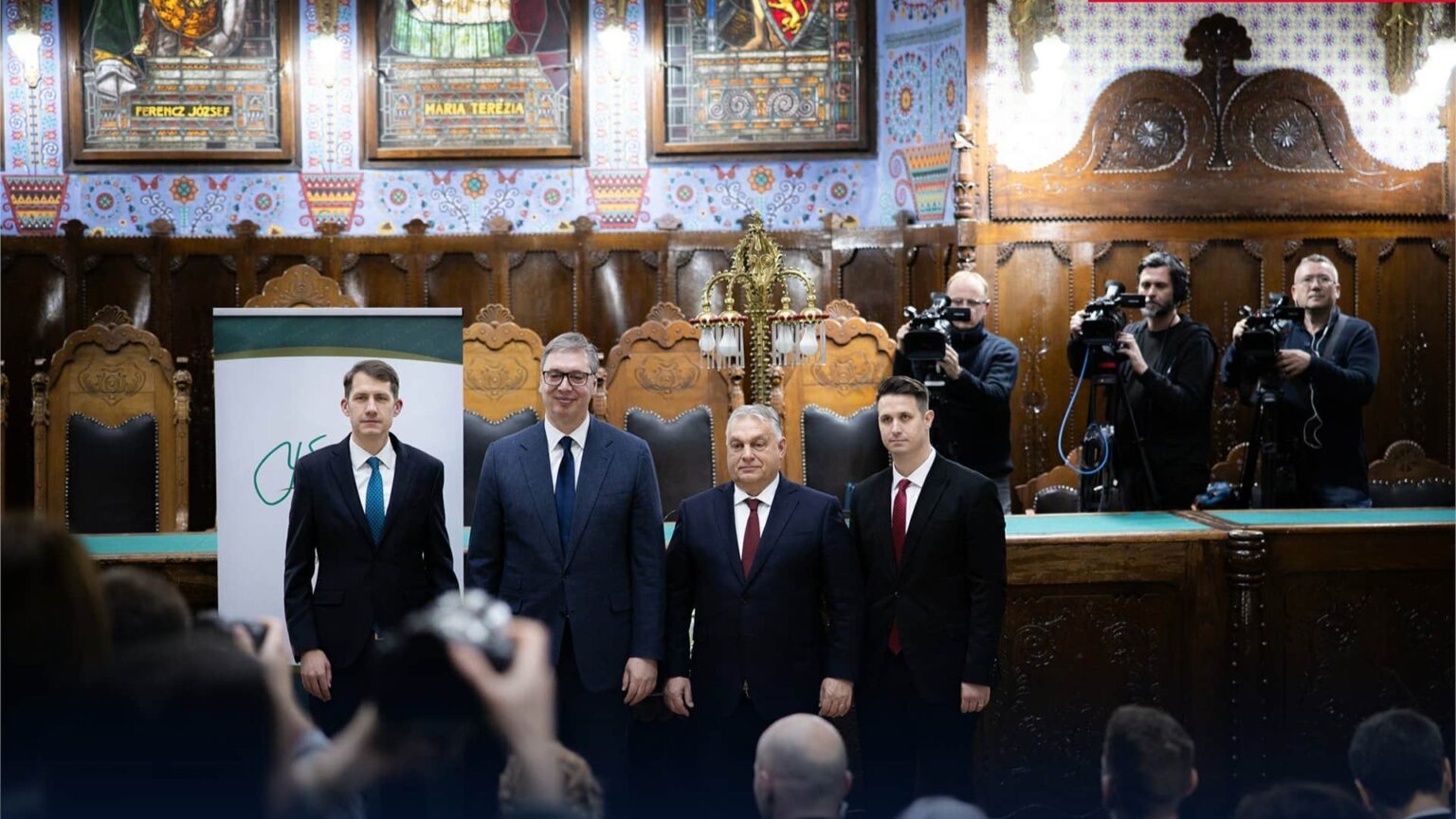
At a joint press conference in Serbia, PM Viktor Orbán of Hungary and President Aleksandar Vučić of Serbia emphasized deepening energy cooperation, including the accelerated construction of the Hungary–Serbia oil pipeline. Vučić thanked Hungary for its steady political support as Serbia navigates energy challenges tied to sanctions.

Hungarian Prime Minister Viktor Orbán said at the Mandiner Awards Gala that the polarization gripping the West is not a universal phenomenon but a symptom of failing democratic systems. Speaking with astronaut Tibor Kapu, he contrasted Western decline with the rise of dynamic non-Western societies that are expanding their economic and social power.

A Hungarian medical team led by Budapest’s Saint Francis Hospital has completed a ten-day mission in Chad, training local staff, performing pioneering surgeries, and laying the foundations for a sustainable medical and educational model that could be replicated worldwide.
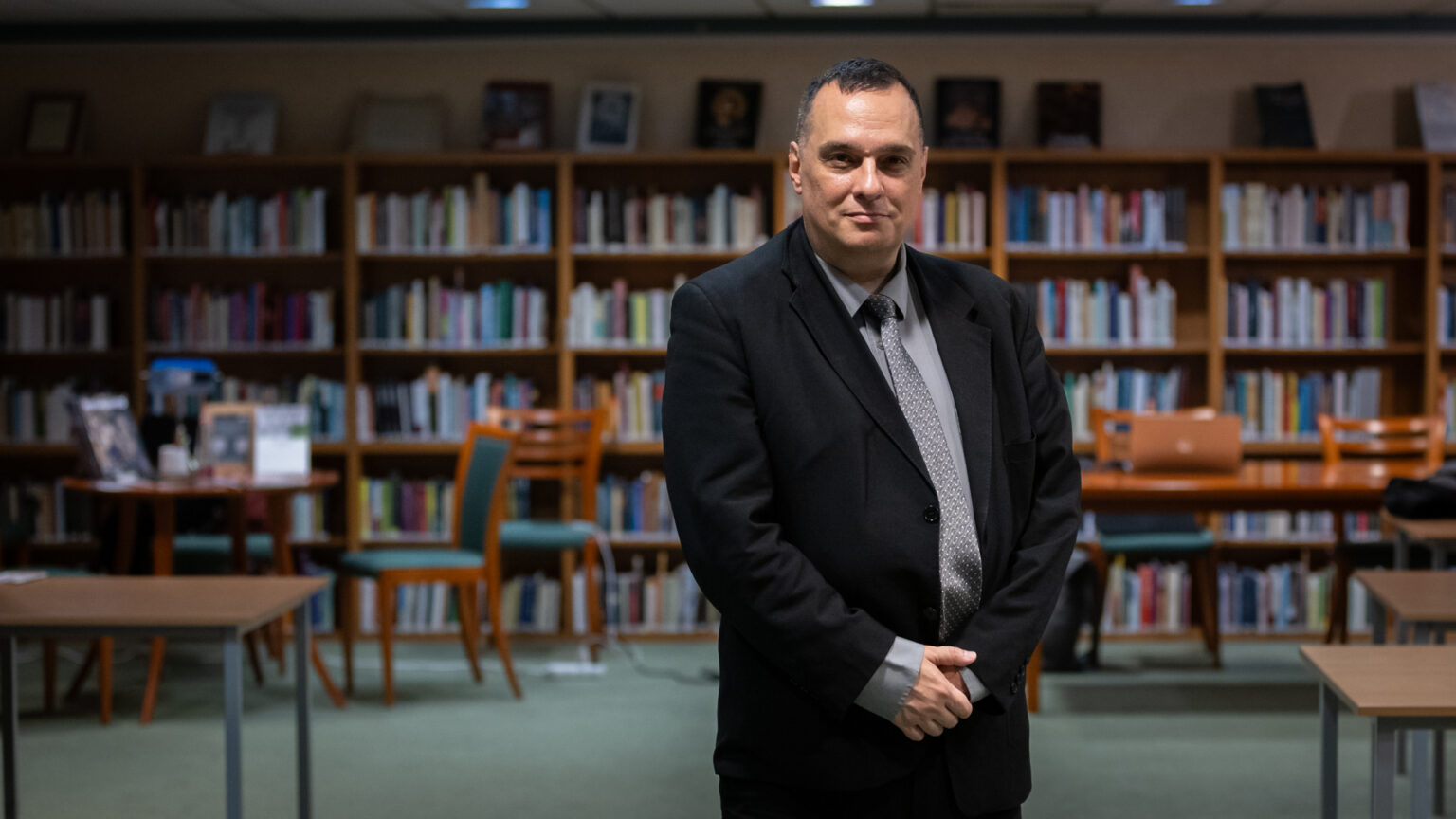
Andrej Protić, a senior Serbian security expert, warns that Europe’s drug threat is entering a dangerous new phase. Speaking to Hungarian Conservative, he said illegal migration and trafficking networks remain intertwined, but the real fault line now runs between Western harm-reduction models and Eastern zero-tolerance approaches—reflecting a deeper value divide.

A 29-year-old Afghan national, who was allowed into the United States under President Biden’s Operation Allies Welcome programme after the US withdrawal from Afghanistan in 2021, has shot two members of the National Guard near the White House in Washington, DC. The two victims are in critical condition, as is the perpetrator, who was hit by return fire.

Progressives are in full meltdown over A Super Progressive Movie, a January 2026 satire produced by Australian senator Pauline Hanson. The film mocks woke ideology through the story of four Melbourne activists thrown into an Australia where Hanson is prime minister—a premise that has already triggered outrage.

According to Yossi Dagan, ignorance poses an even greater danger to Israel than antisemitism.
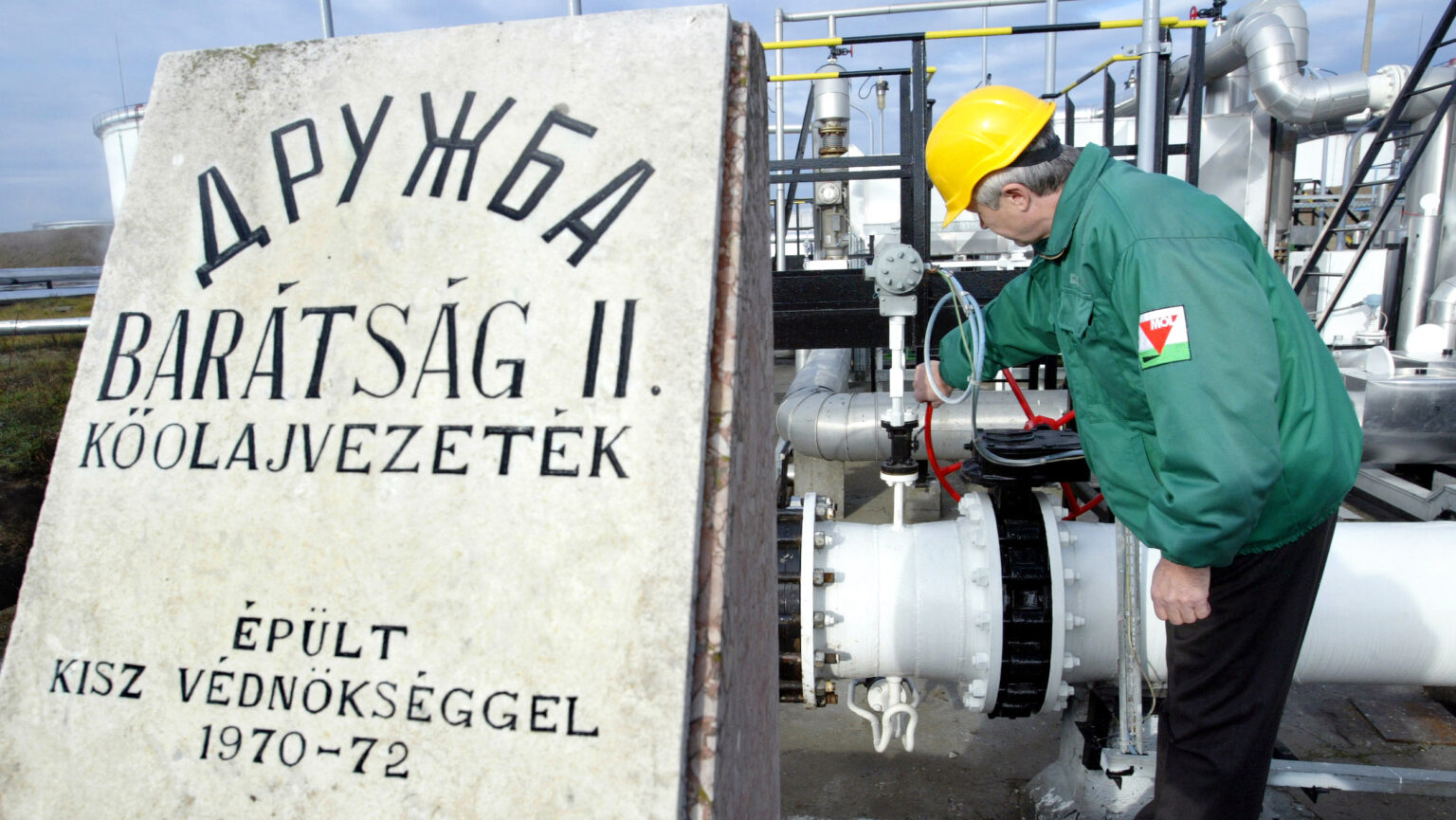
A new proposal by the European Parliament’s competent committee would ban all Russian oil and gas imports from 1 January 2026. According to a Századvég survey, two-thirds of Hungarian adults oppose the embargo, fearing soaring fuel prices and a severe energy crisis.
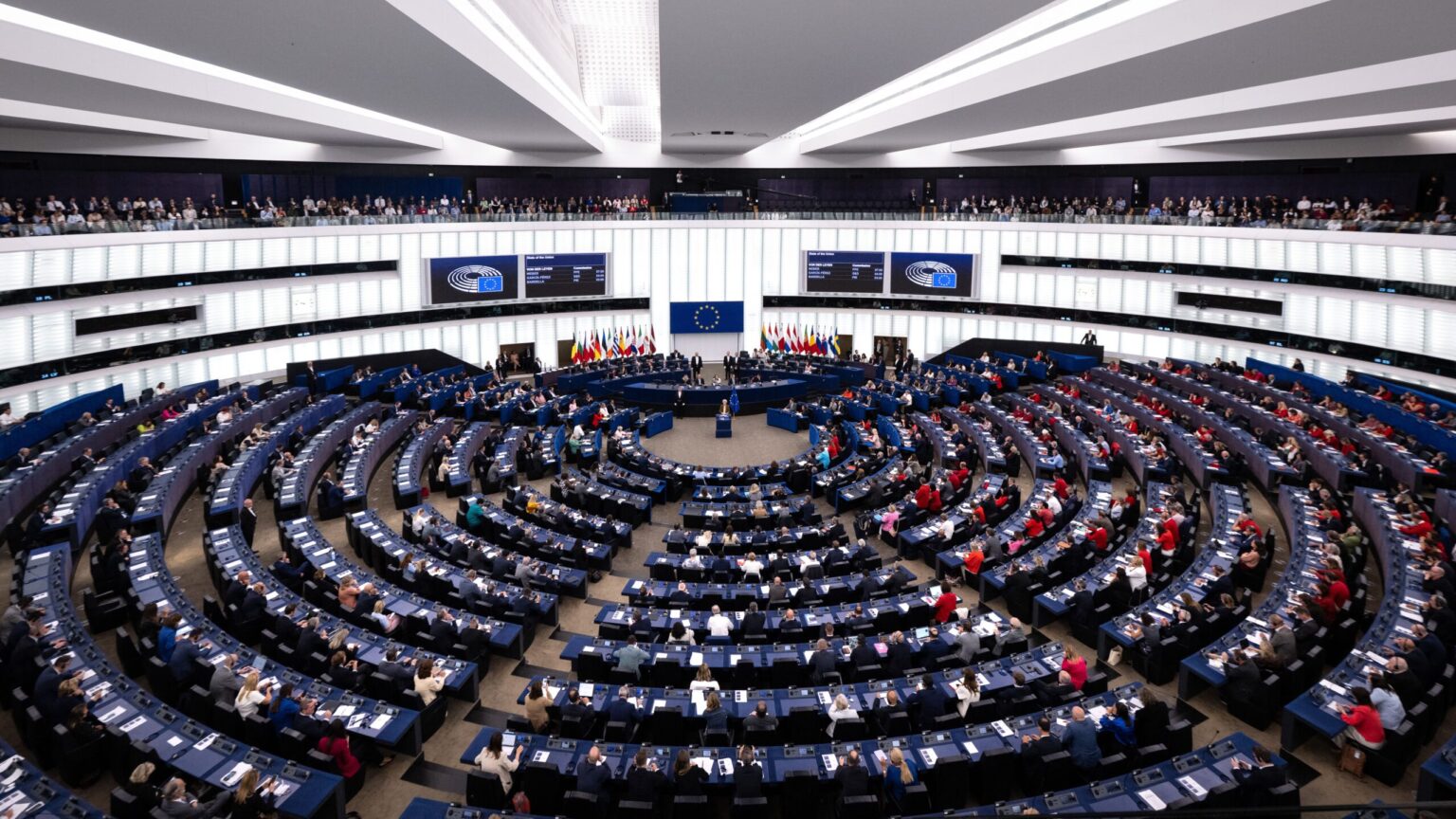
The European Parliament has adopted a non-legislative report calling for a unified EU-wide minimum age of 16 to access social media platforms, video-sharing sites and AI-based digital companion apps. Young people aged 13–16 would require parental approval.
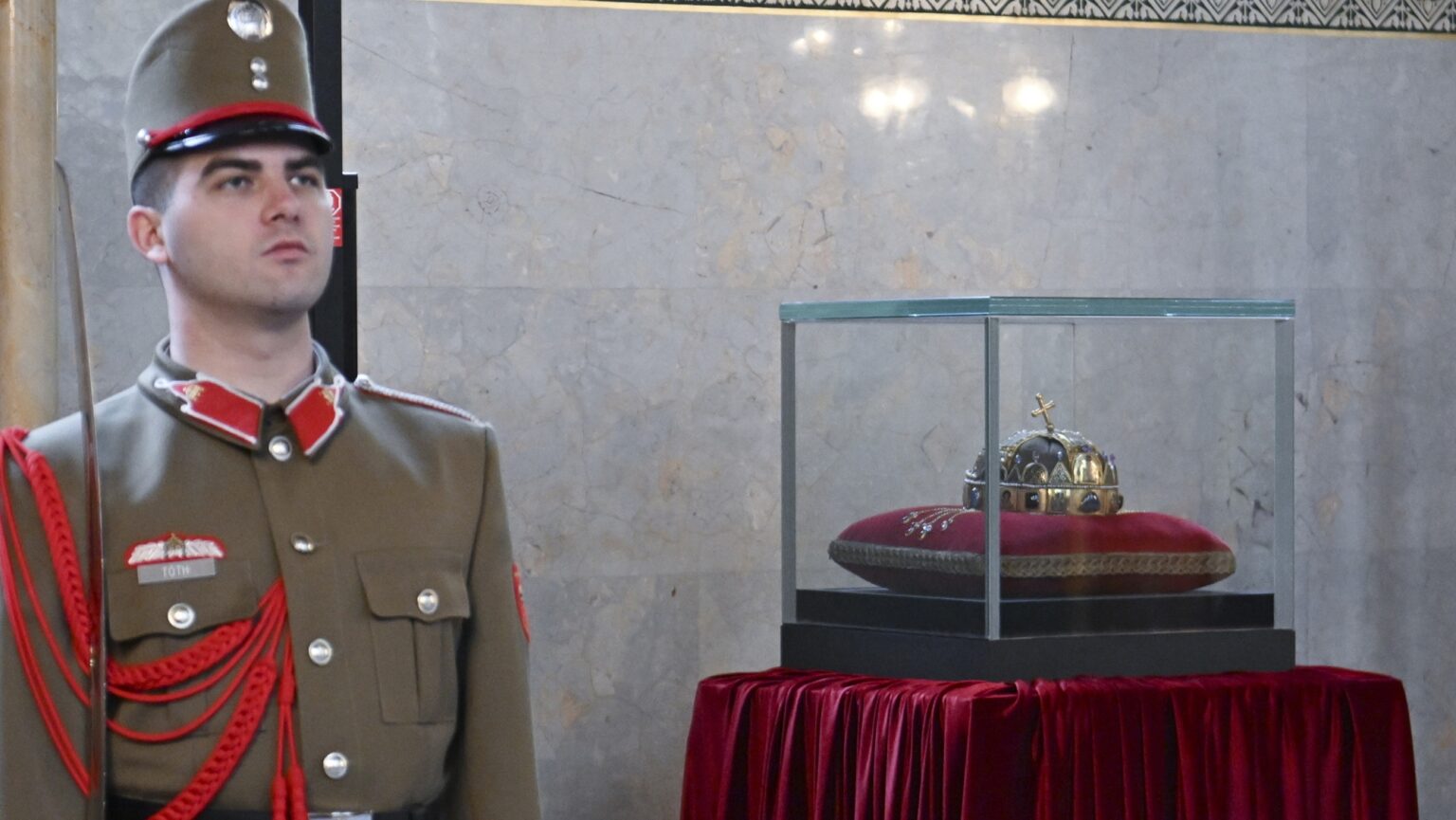
Young Hungarians consider the flag, the Anthem, the coat of arms, and the Holy Crown the most important national symbols, with the Anthem seen as the strongest expression of national sentiment. Rural youth place more emotional weight on the anthem, while views on the Holy Crown vary widely by age, gender, and location, according to a new survey by the MCC Youth Research Institute.

A consortium of E.ON Drive Infrastructure, Voltix and GreenWay has received €70.3 million in EU funding to build one of Europe’s largest megawatt-class charging networks. By 2028, 330 high-power stations across 55 strategic sites—including in Hungary—will support electric freight transport.
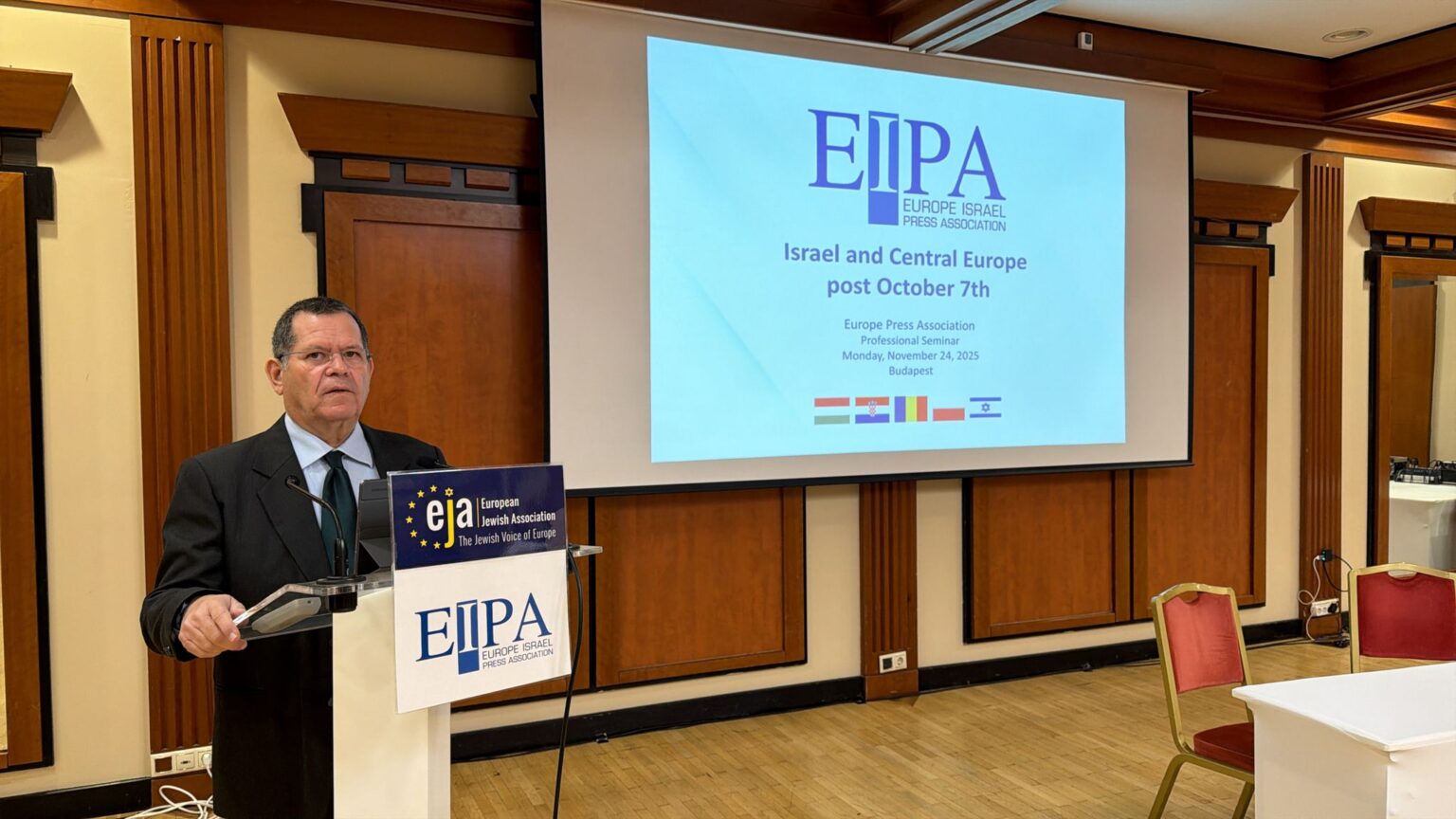
A high-level conference in Budapest on 24 November 2025 highlighted the growing strategic partnership between Israel and Central Europe. Hosted by the Europe Israel Press Association, it examined shifting Middle Eastern geopolitics, Europe’s security priorities, and disinformation undermining Israel’s right to self-defence.

Prime Minister Orbán of Hungary has recently put out an unusual tourism ad, urging people to visit Hungary this holiday season, as there are no illegal migrants here. This prompted a response not just from many X users praising it, but the British newspaper The Telegraph and a long-time critic of Orbán, German MEP Daniel Freund as well.
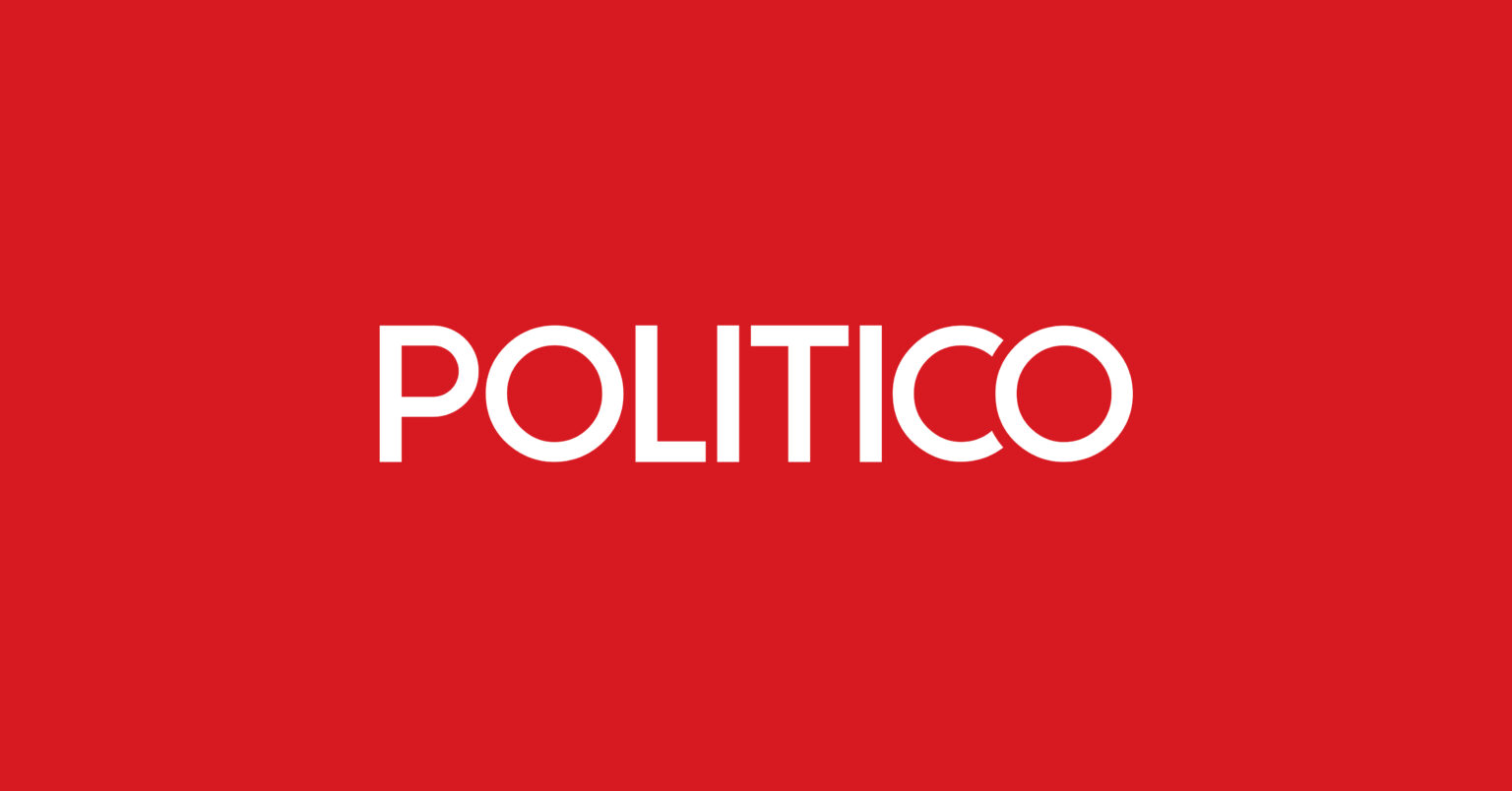
POLITICO Brussels has once again revealed its anti-Orbán bias: within a single day, its Poll of Polls went from showing Fidesz narrowly ahead to presenting a sudden 9-point TISZA lead. The shift came after the outlet removed two pollsters whose surveys had placed Viktor Orbán’s party in front.